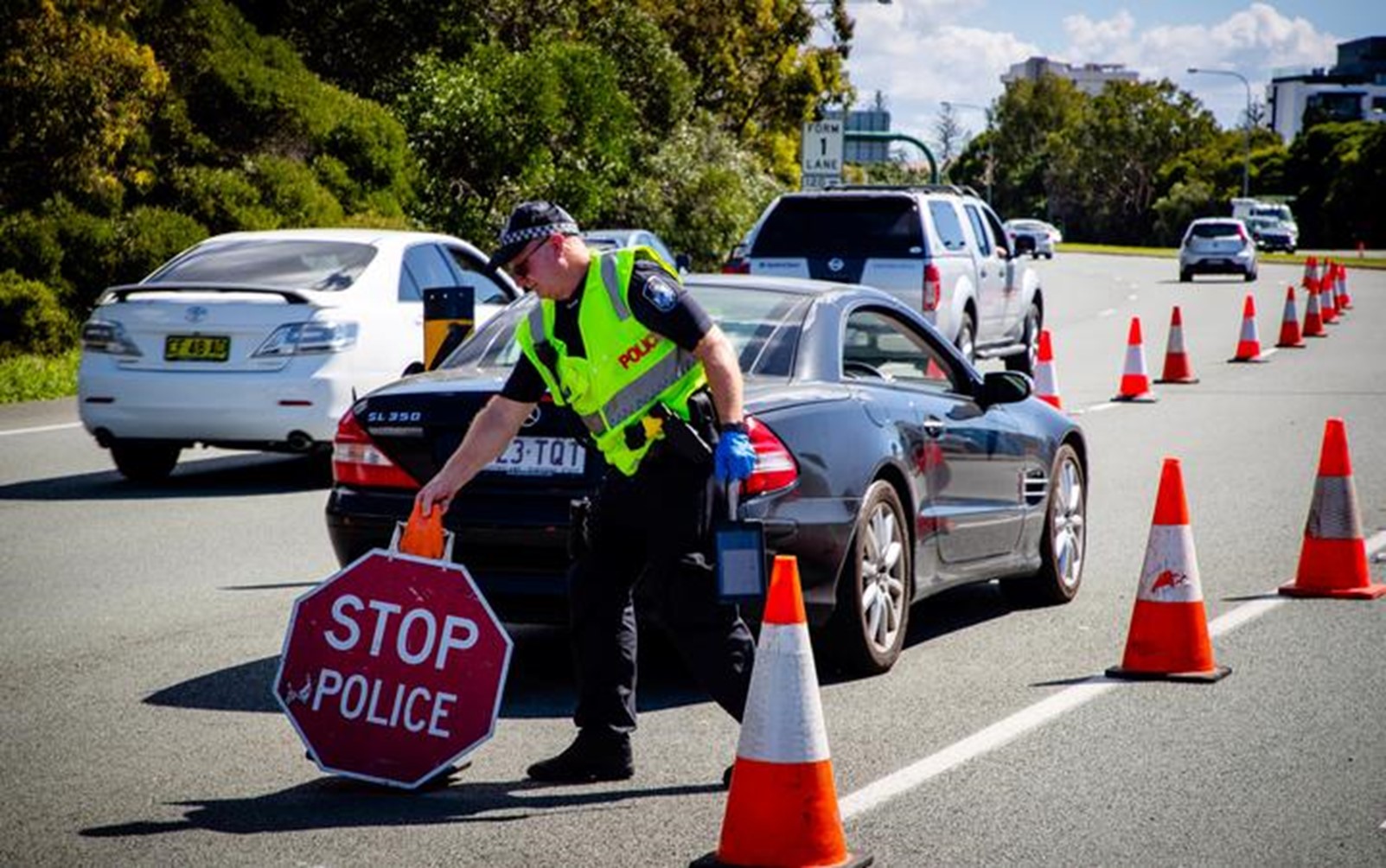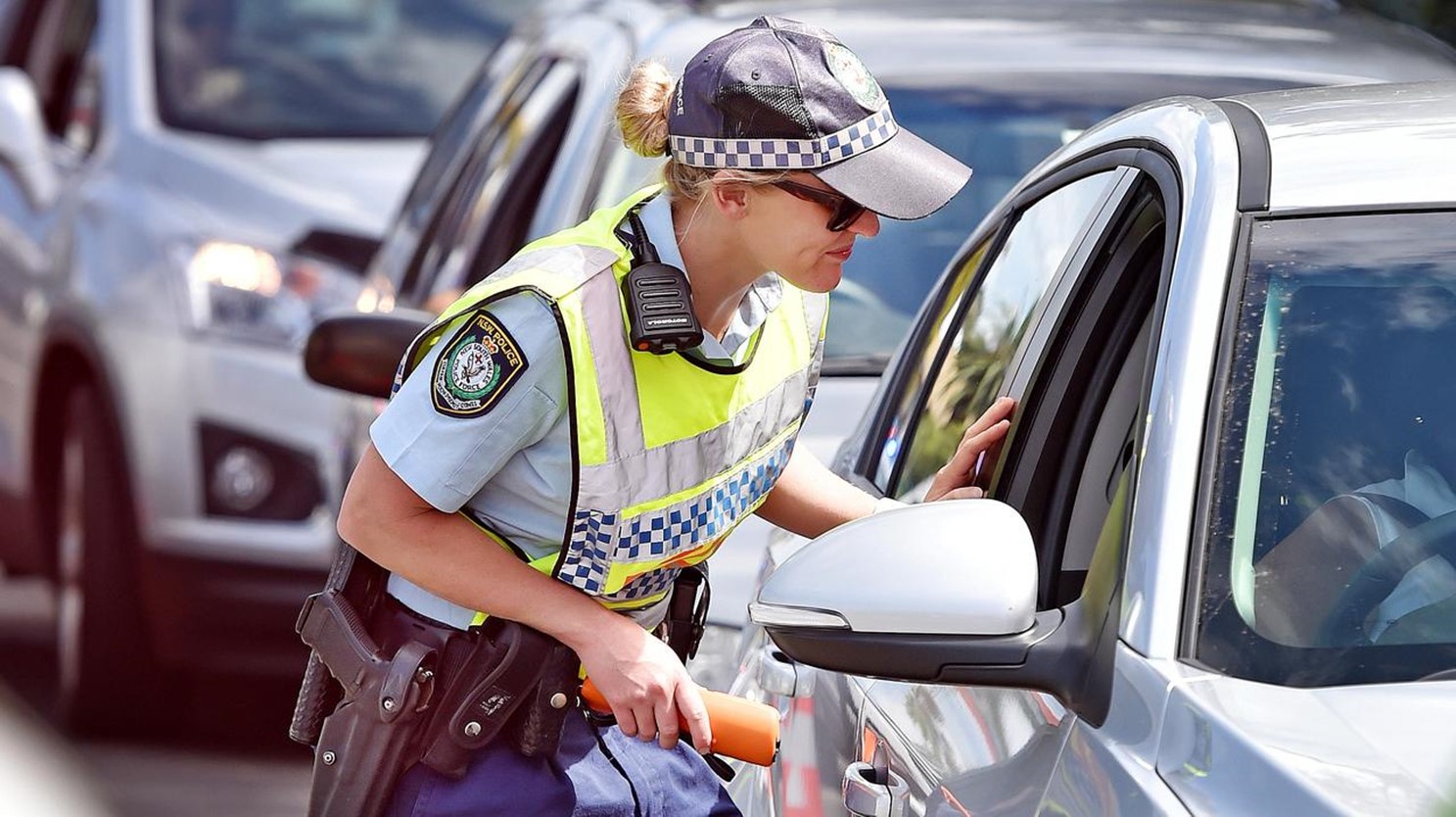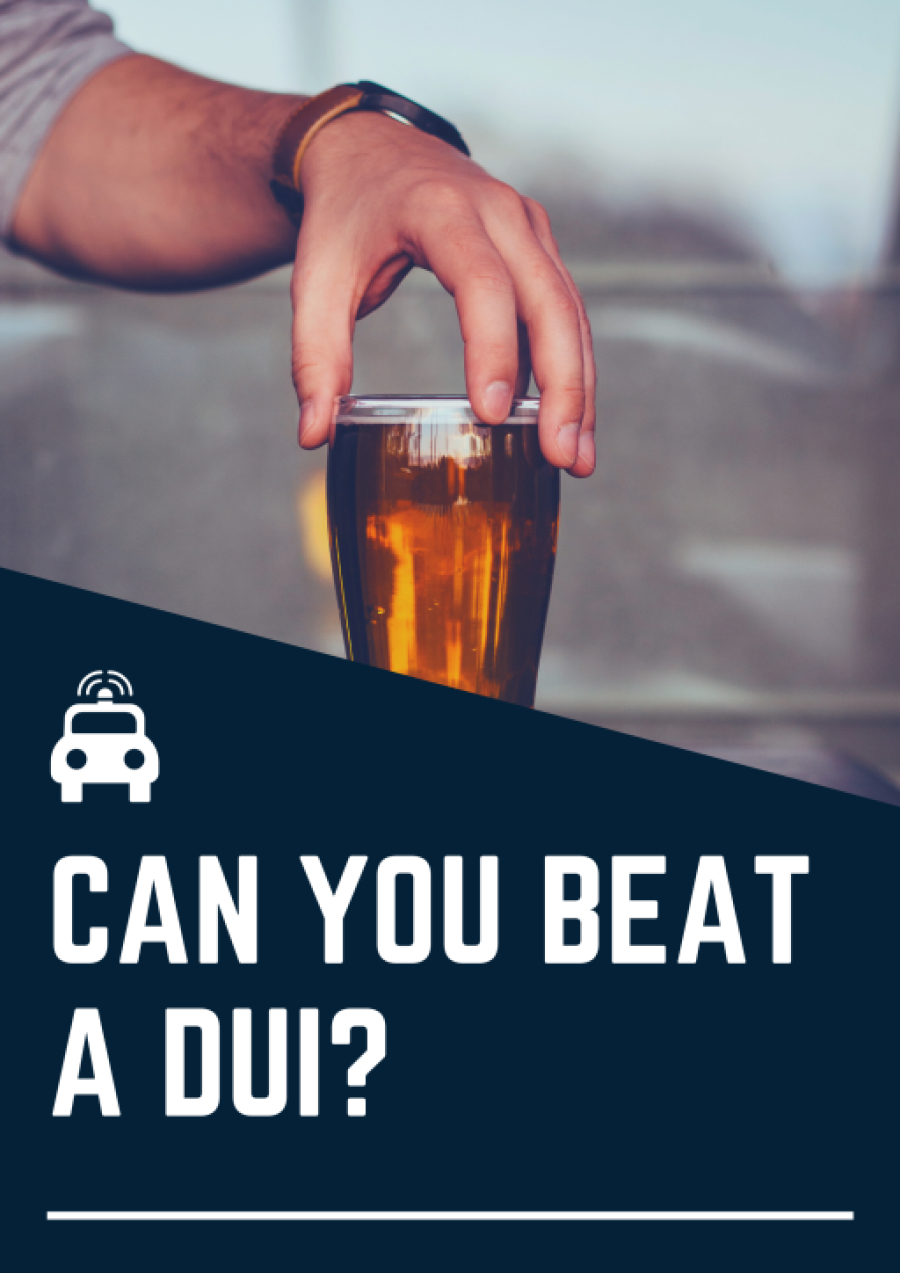Drink driving offences are some of the most common matters that Queensland courts see however this does not mean the consequences of losing the ability to drive is not serious. People’s lives can be ruined by long periods of disqualification especially if no work license is granted.
The questions then arises is there a defence to a drink driving charge, in other words can you beat a DUI?
When can the police undertake a breath or blood test?
The police can require a person to provide a sample of breath or blood if they reasonably suspect a person in the previous 3 hours had;
- Driven a vehicle; or
- Attempted to put in motion a vehicle; or
- Was in charge of a vehicle
What do the police need to prove?
The law states that to prove a drink driving charge the police must show that the driver;
- Is over the legal limit for that driver; and
- Drove a vehicle; or
- Attempted to put in motion a vehicle; or
- Was in charge of a vehicle
Whether someone is over the limit is usually determined by way of a breath or blood test. However for a charge of driving under the influence (high range drink driving) the police can alleged that the person was showing indicia of being intoxicated like
- The manner of driving
- A person physical condition and appearance
- Behaviour and attitude
- A person’s eyes and breathing
- Speech
- Coordination
- Memory
- Conduct at watch house or with police
What are some possible defences to a drink diving charge?
Not In charge of a vehicle
One possible defence would be that you were not if fact “in charge” of the vehicle at the time of the offence.
The law states that a person is not in charge of a vehicle if they had manifested an intention of refraining from driving that motor vehicle whilst the defendant was over the limit.
There are however some important exceptions to this defence. The defence will not apply or is unlikely to apply if;
- They were in the driver’s seat or compartment that contained the driver’s seat
- They were too intoxicated to try and form the intention not to drive
- The motor vehicle was parked in such a manner as to constitute a source of danger to other persons or traffic
- The person had been convicted of drink driving within the previous 12 months.
Generally these defenses occur when someone is sleeping off the effects of alcohol in the back seat, or was near the vehicle waiting to be picked up.
In Eggmolesse v Bruce the Court of Appeal found that a mechanic, who was intoxicated, that had walked to assist his sister who had broken down had not manifested an intention to drive when he reached through the window to the car and turned the engine on after repairing it and then turned it off almost immediately.
If the driver was in the drivers seat then this defence is almost certain to fail.
Had not driven in the last 3 Hours
The police cannot seek someone provide a breath sample or blood sample unless they reasonably believe they drove, attempted to drive or was in charge of a vehicle in the last 3 hours.
The laws then goes on to state that the request for a sample cannot be made unless it is made as soon as practicable and within three hours after the occurrence of the event whereby the police officer is authorised by that section to make such a requirement.
An example of this might be a car crash, the police are told about a car crash at 9:00pm but do not reach the crash site or do not locate the alleged driver until 12:05pm, in that example it may be a defence to show the police did not request the test within 3 hours and therefore the charge should be dismissed.

Drinking after driving
It might be defence to a drink driving charge if you can prove the alcohol in your system was ingested after you finished driving but before you drove.
The starting point will always be that the law states that the breath analysis certificate that shows the reading is conclusive evidence of the concentration of alcohol present in the blood or breath of the person in question at the time the sample of that person was analysed and at a material time in any proceedings if the analysis was made not more than 3 hours after such material time, and at all material times between those times.
Therefore the certificate is conclusive proof of the reading. It therefore might seem there is no defence if the certificate shows a reading over the limit even if the driver drank after driving. However the case of Davies v Dorfler; ex parte Davies the court recognised that it might be possible to form a defence if at the material time, that is the driving, the defendant was not over the limit.
However the “Dofler” defence has not found widespread support amongst all the courts. Some Judges disagree there is any defence at all if the certificate shows the driver was over the limit at the time sample was given, others believe it can only potentially apply if the driver had consumed no alcohol before driving and the only alcohol consumed was after they finished driving.
In my view the defence would only likely work if proof can be shown that the driver did not drink before driving and proof can be shown they did drink after driving. Proof is likely to mean statements of witnesses. The police can also seek medical advice to try and count back the drinks to see if the reading is consistent with the driver saying they only drank after finishing driving.
Not on road
In Queensland you do not have to have driven on a road to be arrested for drink driving. The legislation provides you can be charged with drink driving on a road or “elsewhere”. Obviously “elsewhere” applies to private property, carparks and driveways. This case shows how the court interprets the law - Jovanovic v Lucas [2009] QDC 138
Failure to provide
It is a defence to the charge to prove that, at the time the request was made to provide a sample of breath or saliva, the person was suffering from an illness that made them incapable of providing such a sample. It is also a defence to prove that, at the time of the request, the person’s health could have been affected by giving the sample. Proof is provided by a medical certificate that the person carries with them and can show the police officer at the time of the request. Otherwise, the person must prove that they had such a medical condition in court, after they have been charged. Remember, however, that the police can ask the person for a different type of sample.
It is also a possible defence to prove, to the court, that the request was not made lawfully or that there was a substantially good reason to not provide a specimen (other than trying to avoid the results of the test).
We have a whole article on failing to provide a specimen of breath.
Police procedure not followed
The police have to follow certain procedure when requesting a sample of breath or blood. This area of law is extremely complicated and not well understood by even the courts.
It would take legal advice to decide if a failure to follow the rules and whether that failure was enough to raise a defence. Even if the defence is raised the court can use the rule in Bunning v Cross to admit the evidence even if it was improperly obtained.

Incorrect reading
The certificate of analysis is conclusive proof as to the reading at the time of driving. If it can be shown the test was administered incorrectly or the testing machine was defective this might be a defence.
Mistake
You cannot claim a defence of mistake as to the amount of alcohol you consumed. You might however have a defence if you consumed the alcohol Involuntary. For example someone gave you a drink and said the drink had no alcohol in it, you had no reasons to doubt them and the drink turned out to have alcohol and you did not notice that before driving.
The issue would of course be the evidence that could be obtained.
Extraordinary emergency
The court recognises under the Criminal Code that you might have a defence to breaching the law in the cases of an extraordinary emergency. For example a person fleeing an assault who is found to be over the limit might have a defence.
Summary
Although there are a number of potential defences the reality is the courts are very reluctant to accept a defence as they fear if one person can show a defence then all drink drivers might claim that defense.
Rather than going to trial and raising a defence a better way might be to negotiate with the prosecutor to try and have the charge withdrawn. Negotiations or case conferencing might result in the charge being dropped and no trial being necessary.
How do I get more information or engage you to act for me?
If you want to engage us or just need further information or advice then you can either;
- Use our contact form and we will contact you by email or phone at a time that suits you
- Call us on 1300 952 255 seven days a week, 7am to 7pm
- Click here to select a time for us to call you back
- Email This email address is being protected from spambots. You need JavaScript enabled to view it.
We are a no pressure law firm, we are happy to provide information to assist you, if you want to engage us then great, if not then you at least have more information about drink driving.
You won’t be chased or hounded to engage us. Remember its critical you get advice before going to court, a drink driving charge no matter the reading will have an impact on you, your family and your employment or business.

Need more information?
We have a range of articles on drink driving on our blog. Some of the most recent have included:
- Top 5 Drink Driving Myths
- The Essential Guide to Obtaining a Work Licence
- Drink Driving on a Lime Scooter
- How Drink Driving Matters are Heard in Queensland
- What happens after your drivers licence is disqualified?
- Refusing a Breathalyser Test in Queensland
- Can you commit a drink driving offence in your driveway?
- Immediate suspension for drink driving
- Case Study - High Range Drink Driving and Disqualified Driving
- Three High Range Drink Driving Charges
- Special Hardship Orders v Work Licences
- High Range DUI
- Going through a drink driving charge in Brisbane Magistrate Court
- DUI Charges
- Ultimate Guide to High Range Drink Driving
- Drink Driving Lawyers Brisbane
- Drink Driving Lawyers Gold Coast
- Drink Driving Lawyers Sunshine Coast






